The Australian Terrier is a clever, daring, and playful breed with the typical terrier like tendencies

Australian Terrier Spotlight
- Very adaptable and family-friendly dog breed
- Highly energetic, they love to run and play, dig & bark
- While polite to strangers they can be bossy with other dogs
- Smart, they train and learn quickly
- Does not co-habit well with cats
- Notorious diggers, make sure to train early
- Good watchdog & active barker, sensitive neighbors beware
- Courageous dogs bred to control mice, rats, foxes, snakes, and other vermin
History
First labeled the Rough Coated Terrier, this breed was developed back in the early 1800's in Australia with its official naming of the Australian Terrier in 1892 also known as the 'Aussie'. Bred primarily to hunt down and exterminate pesky rodents such as mice and rats, it exhibits the full characteristics of all terriers to hunt and kill vermin which was widespread at the time on the mainland's shores.
Its roots trace its way back to Great Britain where it is believed to have been cross-bred from a variety of British terriers to get the desired traits of a fearless and sturdy dog that settlers could use. Most notably it has links to the Cairn Terrier. It was officially recognized by the AKC in 1960.
Personality & Temperament
With an independent and can-do spirit, the Aussie makes an all-round great family pet and is very affectionate. He is friendly, loyal, with lots of energy always ready to play with the kids and can be labeled a 'companion' dog breed even for senior citizens. Very adaptable he is a very strong hunter and once catches scent of some critter will be focused on getting his prey. This particular small dog breed is territorial and will warn anyone that comes within it borders with lots of barking! Be forewarned if you have sensitive or close neighbors.
They have a love for life and is suggested to be trained at a young age. As with most terriers barking and digging are in their nature, something that training can control, especially the digging. Australian Terriers can be controlling with other pets, and are not recommended if you have cats. The Australian Club of America states that 2 males will find it difficult to co-habit! They prefer to be in house with their family that fenced in, something to consider.
Appearance & Grooming
The Aussie is a small breed of dog at weighs around 14 lb. with about 10-12 inches in height. They are a scruffy looking breed with short legs and a shaggy and harsh double coat which is about 2 inches in length. A double coat is made up of a soft undercoat and a more durable outer coat usually to better weather the elements. This coat is normally not trimmed. Standard AKC appearance are pricked ears along with a docked tail.
They come with dark brown eyes with a black nose at the end of a long powerful muzzle.
The color of the coat comes in 3 recognized shades, blue & tan, solid red, and solid sandy. Although they carry a rough coat, they are fairly easy to groom. Brushing once a week will usually do the trick. They are not a hypoallergenic dog breed even through they shed minimally. Bathing once every 1-2 months is enough for regular activity.
Over bathing the Aussie will slowly soften the coat changing their terrier like appearance. Nails should be kept short with regular trimming and facial hair should also be trimmed to keep it out of the eyes, and ears. Check their ears for dirt, pads for infection, and gums and teeth for disease.
Health
Australian Terriers overall are quite a healthy dog breed but have the tendency to suffer from the following health issues:
- Dislocated Kneecaps - The medical term for this is patellar luxation, and occurs when the kneecap is dislocated from the joint coming from the femur bone. Dislocated kneecaps are much more common in small dog breeds like the Aussie and are 50% more likely to happen in female canines than males. Watch for skipping or leg lameness.
- Skin Problems - Allergic reactions to powders, shampoos, or other chemicals have been known to appear in this breed. Also watch what type of bedding is used for your Aussie. Allergies also show in their Sensitive eyes and ears .
- Diabetes Mellitus - Australian Terriers are also known to have diabetes is stated as the second most common health problem affecting up to 10% of the breed just behind skin allergies. Diabetes occurs in dogs the same way as it does it humans as the dog's body is unable to control its blood sugar levels. This is usually controlled by diet and insulin.
- Australian Terrier Club of America
- Australian Terrier Club of Great Britain
- Australian Terrier Club of QLD
As with all dog breeds, knowing the breeder and the genetic lines of you puppy is key to keeping health issues at bay. Every reputable breeder should offer a health guarantee for your dog and if not you should walk away. Many times these include buy back clauses after an initial health check. Also, be wary of the breeder who states they dogs are 100% healthy, all dogs have some sort of issue, and you just want the breeder to be honest.
Check your breeders against he CHIC Database for known health issues in their dogs.
Exercise & Care
With lots of energy and very playful, Australian Terriers love to roam, run, and dig. They also have active minds which needs to be engaged and stimulated otherwise boredom and destruction may set in.
This particular breed, like most terriers, are not to be trusted off a leash as they will pick up a scent and away they go after any enticing smell, running loose on instinct can get them in trouble
A couple of neighborhood walks a day will go a long way in keeping your Aussie content. Be sure to instill early socialization skills in your puppy along with regular obedience training as they can be somewhat aggressive if you have other dogs.
The good thing is, Aussies are easy to train and have a quick and sharp mind.
Clubs & Associations
To get more and in-depth info on the Australian Terrier visit the National Clubs or Associations below. The clubs offer breed standards to measure each dog by.
Rescue & Adoption
Many first time dog owners do not fully understand the responsibilities of owning an Australian Terrier. First check with your local rescue or adoption
agency for dogs of this breed, as there are many in need of a home. Below are a handful of rescues. You can contact your local club for more local rescue and adoption options.
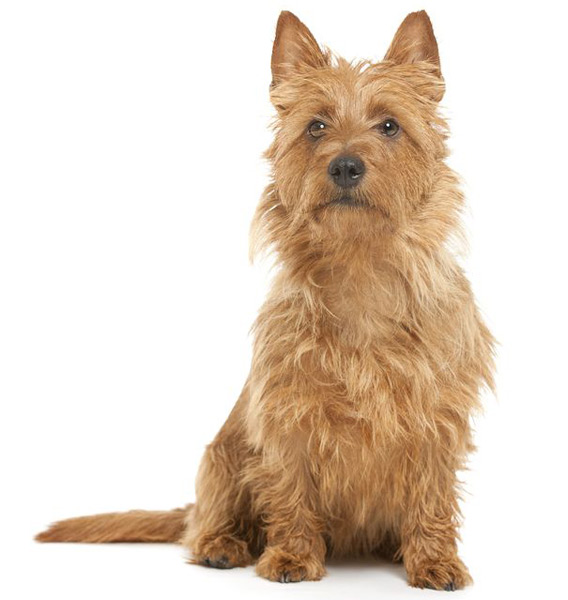
 Australia
Australia
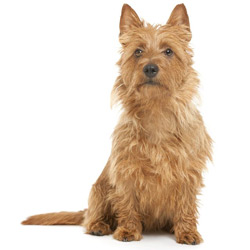
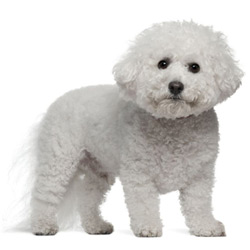
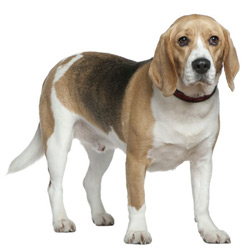
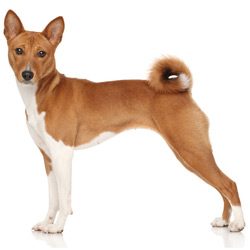
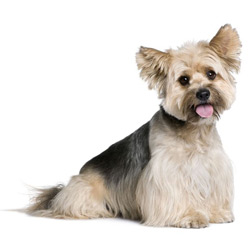
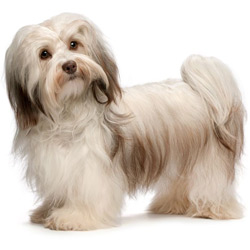
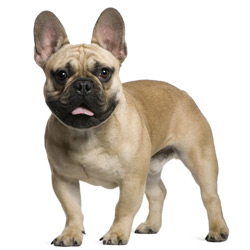
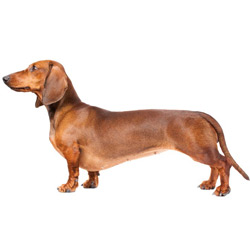
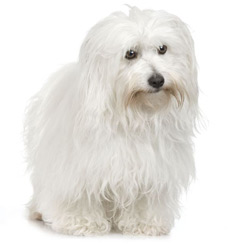
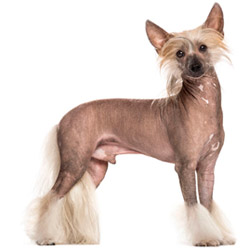
What do you think?